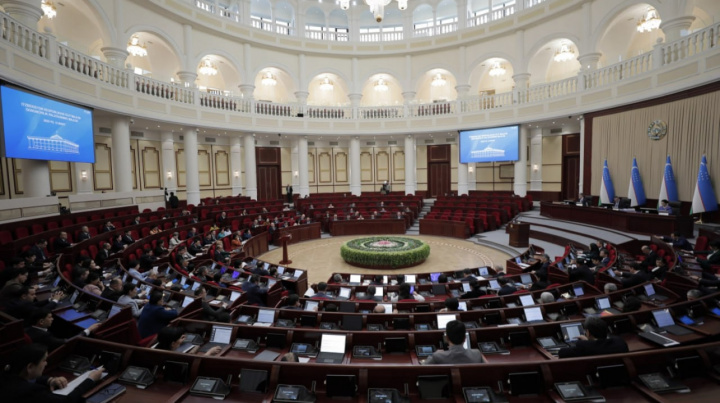Uzbekistan introduces updated law on agricultural cooperatives
Uzbekistan has enacted a revised law on agricultural cooperatives, aiming to modernize and support the agrarian sector.
President Shavkat Mirziyoyev signed the updated version of the Law "On Agricultural Cooperatives," and it has been published on the official legal platform Lex.uz. Approved by both chambers of the Oliy Majlis in September, the new law will take effect on February 12, 2025, superseding the previous legislation from 1998.
Under the revised law, an agricultural cooperative is defined as a commercial organization based on shareholder contributions, focused on agricultural activities. The minimum membership requirement is set at seven individuals or legal entities, with the option for investors to join without direct involvement in daily operations. The cooperative’s charter will determine the terms of participation for such members, including share size, voting rights, and dividend entitlements.
Each cooperative member traditionally has one vote at general meetings, regardless of their financial share. However, the charter may allow for additional voting rights based on the member's share, though no single member can hold more than 10% of the total votes. Members are also permitted to designate proxies for general meetings, with one proxy representing up to two members. For cooperatives with over 200 members, a designated representative can be appointed for meetings.
In addition to crop production, agricultural cooperatives can engage in the storage, processing, and sale of agricultural products, including exports. The new law also enables cooperatives to use their assets, contributed as share capital, for sale, purchase, or collateral purposes.
A key provision in the revised legislation mandates the establishment of a reserve fund, which must comprise at least 15% of the cooperative’s share capital. This fund requires an annual allocation of at least 5% of net profit until the target amount, as stipulated in the charter, is met.
The updated law outlines comprehensive requirements for transaction procedures, documentation, reporting, governance meetings, and the roles of the cooperative's board and supervisory council. It also clarifies the processes for restructuring or dissolving cooperatives.
To foster cooperative growth, the government may create targeted support programs, offer incentives, and provide tax benefits, all within a framework that limits state interference in cooperative operations.
Related News

19:30 / 12.03.2025
New law may bar crime suspects from leaving Uzbekistan

13:37 / 10.03.2025
Chinese company to establish an educational and vocational training center in Uzbekistan

20:40 / 06.03.2025
New law empowers citizens to prevent unauthorized credit issuance

16:54 / 05.03.2025



